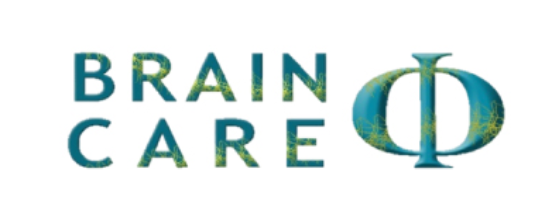Acceptance and Commitment Therapy (ACT)
Acceptance and Commitment Therapy (ACT) is one of the most common tools used in psychology. It is a unique and effective form of psychotherapy that emphasizes psychological flexibility and personal values. ACT works by shifting the individual’s relationship with their thoughts and feelings, so instead of fighting against distressing emotions or trying to control them, ACT teaches acceptance and mindfulness, which reduces the struggle and the negative impact of those emotions. This approach allows for increased psychological flexibility, empowering individuals to act in accordance with their values, even in the face of difficulties.
ACT integrates mindfulness strategies with behavioural change techniques. Its primary goal is to help individuals accept their thoughts and feelings, commit to making changes aligned with their values, and take action toward a meaningful life. It emphasizes taking small, meaningful actions even in the presence of discomfort.
When is Acceptance and Commitment Therapy used?
A psychologist or counsellor may use ACT when addressing a variety of issues, including:
Anxiety Disorders: By promoting acceptance of anxious thoughts and feelings, ACT helps individuals manage anxiety more effectively.
Depression: ACT encourages engagement in life despite feelings of sadness, fostering a sense of purpose and motivation.
Chronic Pain: The acceptance aspect allows individuals to live more fully despite ongoing physical pain, enhancing overall quality of life.
Obsessive-Compulsive Disorder (OCD): ACT helps individuals confront obsessive thoughts without being controlled by them, reducing compulsive behaviours.
Stress and Trauma: The mindfulness practices within ACT provide tools to cope with stress and trauma, promoting resilience and recovery.
What is involved in Acceptance and Commitment Therapy?
ACT is built around six core processes:
Cognitive Defusion: This involves distancing oneself from thoughts and beliefs, allowing individuals to observe their thoughts without judgment or attachment. By doing so, they can reduce the influence of negative thoughts on their behaviour.
Acceptance: Rather than attempting to avoid or suppress uncomfortable feelings, ACT encourages individuals to accept their emotions and thoughts as part of the human experience. Acceptance fosters resilience and reduces the struggle against pain.
Present Moment Awareness: Mindfulness practices are central to ACT, helping individuals focus on the here and now. This awareness allows people to experience their thoughts and feelings without getting overwhelmed by them.
Self-as-Context: This concept refers to viewing oneself as a separate observer of thoughts and experiences. By cultivating a perspective of "self-as-context," individuals can gain clarity and reduce the impact of negative self-talk.
Values Clarification: ACT encourages individuals to identify what truly matters to them, guiding their actions and decisions. Understanding personal values enhances motivation and commitment to change.
Committed Action: Based on identified values, this process involves setting goals and taking actionable steps toward a fulfilling life.
How does Acceptance and Commitment Therapy work?
A psychologist or counsellor working with ACT will employ various techniques to facilitate its core processes, including:
Mindfulness Exercises: These may include guided meditations, breathing exercises, and body scans to enhance present moment awareness.
Metaphors and Stories: ACT often uses metaphors to illustrate concepts, making complex ideas more relatable and understandable.
Behavioural Experiments: These involve trying out new behaviours to see how they align with one’s values, helping to reinforce committed action.
Journaling: Reflective writing helps individuals clarify values, track progress, and process thoughts and feelings.
By integrating acceptance and commitment, ACT helps individuals lead more fulfilling lives, reducing the impact of mental illness and fostering resilience. In doing so, it encourages a holistic approach to mental health that prioritizes personal growth and meaningful engagement with life.
Acceptance and Commitment Therapy ACT is available in Tweed
Seek out a licensed and experienced therapist, social worker, counselor, or other mental health professional who has received additional training in Acceptance and Commitment Therapy (ACT). While there isn’t a specific certification for ACT practitioners, many develop their skills through peer counselling, professional workshops, and training programs. Equally important is finding a therapist with whom you feel at ease.
If you or your loved one is experiencing mental health struggles and are ready to get support, contact our psychology clinic in Tweed Heads, where counselling is available for children, teens, adults, couples and families. Often the first step is the hardest, but Brain Care is here to support you through the rest of your journey.
Written by Liam McGready, Provisional Psychologist and Neurofeedback Practitioner at Brain Care - Tweed Heads, Gold Coast, Northern NSW.

